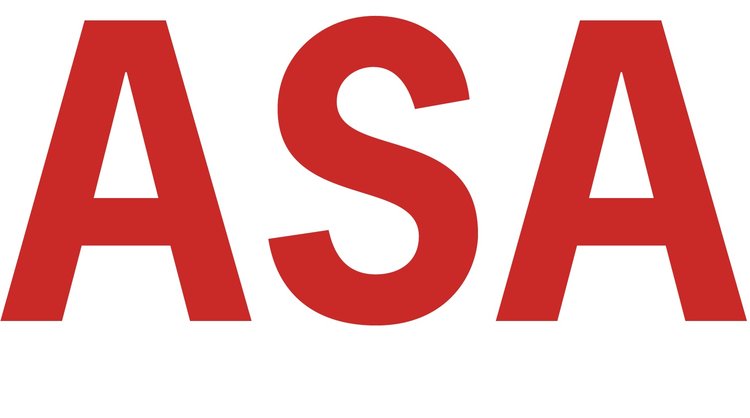In spite of military standoffs, a deep sea disaster, pesky security breaches, and other operational risk failures, this month we celebrate ASA's 14th anniversary as we publish the 153rd issue of ASA News & Notes. The website went live on July 20, 2009, to announce a new risk consulting practice that had two divisions.
The advisory side of the practice was designed to work with clients to produce cost-effective reports and roadmaps that lower risk, protect the brand, preserve capital, and avoid losses. I have had less time for advisory work this past decade because of my university commitments, though I did manage several pro bono engagements in the public sector. Our commitment to clients has remained the same since 2009: to evaluate all perspectives without preconceptions; to perform targeted risk assessments with clear end dates; and to maintain confidentiality around all work products.
The research side of the practice drives change in areas ranging from policy, governance, and regulation to readiness against threats like pandemic flu, natural disasters, or domestic terrorism. The ASA Institute for Risk and Innovation is the umbrella for its deliverables—the publication of research notes, both through the ASA website and via the six-volume set titled Reflections on Risk; for this newsletter; and for a new podcast series.
From the outset, ASA announced that its advisory mission was not to keep businesses and organizations from taking risks, but rather to take well-considered risks with a clear understanding of potential outcomes. Its focus has been on agencies or businesses that fall into one of six critical infrastructure sectors—banking and finance, energy, communications, IT, public health, and emergency services. Toward that end, please continue to count me in as a member of the Region 10 CISA Infrastructure Security Group and the International Network of Women in Emergency Management and Homeland Security.
Having recently retired from the University of Washington Information School faculty, I will have more time to focus on the connections among critical issues in areas like climate change and natural disasters; privacy and the Fourth Amendment; domestic terrorism and the First Amendment; the harms caused by social media; and the rate of change with emerging technologies, society, and existing ethical frameworks.
Count me in also on advocacy efforts around voting registration and voter rights, as well as efforts to improve the quality of candidates seeking Congressional seats, especially at a time when a former president of the United States has been charged with serious crimes. The divisive and partisan atmosphere present while we are months away from a presidential primary is an indicator of what is likely to be an acrimonious presidential primary battle run from behind the scenes by special interests.
I want to thank all the readers who have stuck with the newsletter as its focus has adapted to a changing environment. We have readers in the United States, Japan, the United Kingdom, Denmark, Portugal, and the Netherlands.There is no newsletter subscription charge, so if you find it useful, please forward it on to a colleague so they can sign up.
